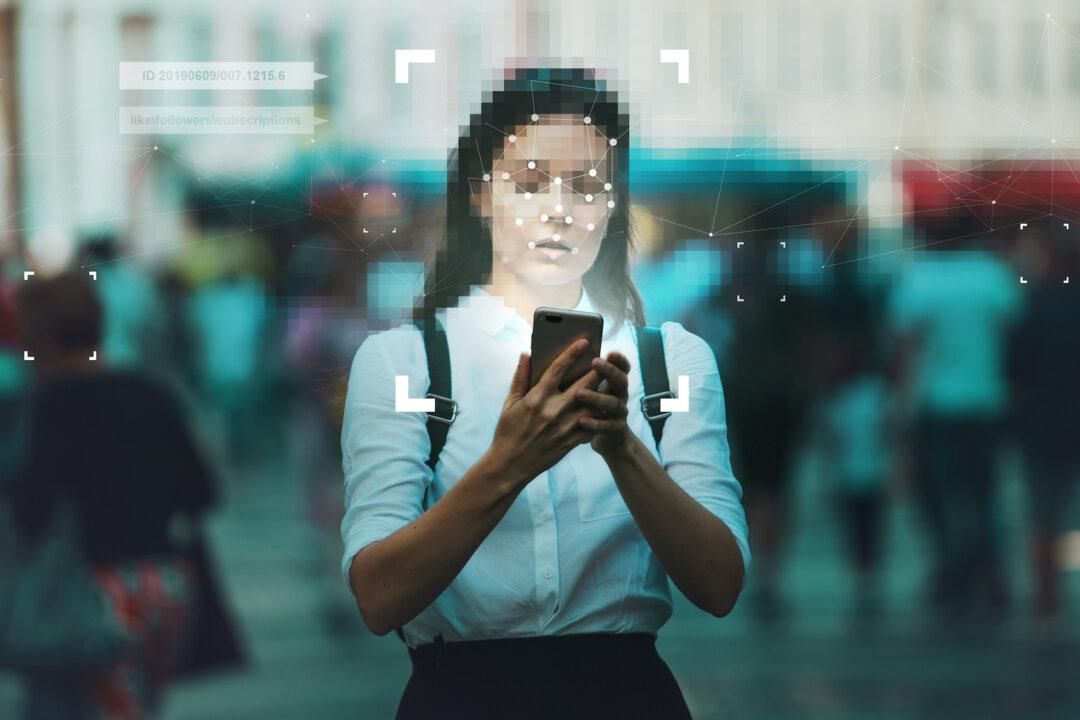News Analysis
A Canadian academic says his doctoral thesis from 17 years ago is playing out today in real time, as medicine is being used to subvert democracy and create tyranny in the COVID-19 era.

A Canadian academic says his doctoral thesis from 17 years ago is playing out today in real time, as medicine is being used to subvert democracy and create tyranny in the COVID-19 era.